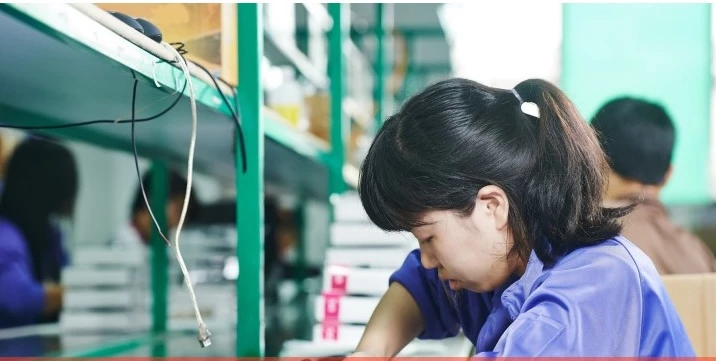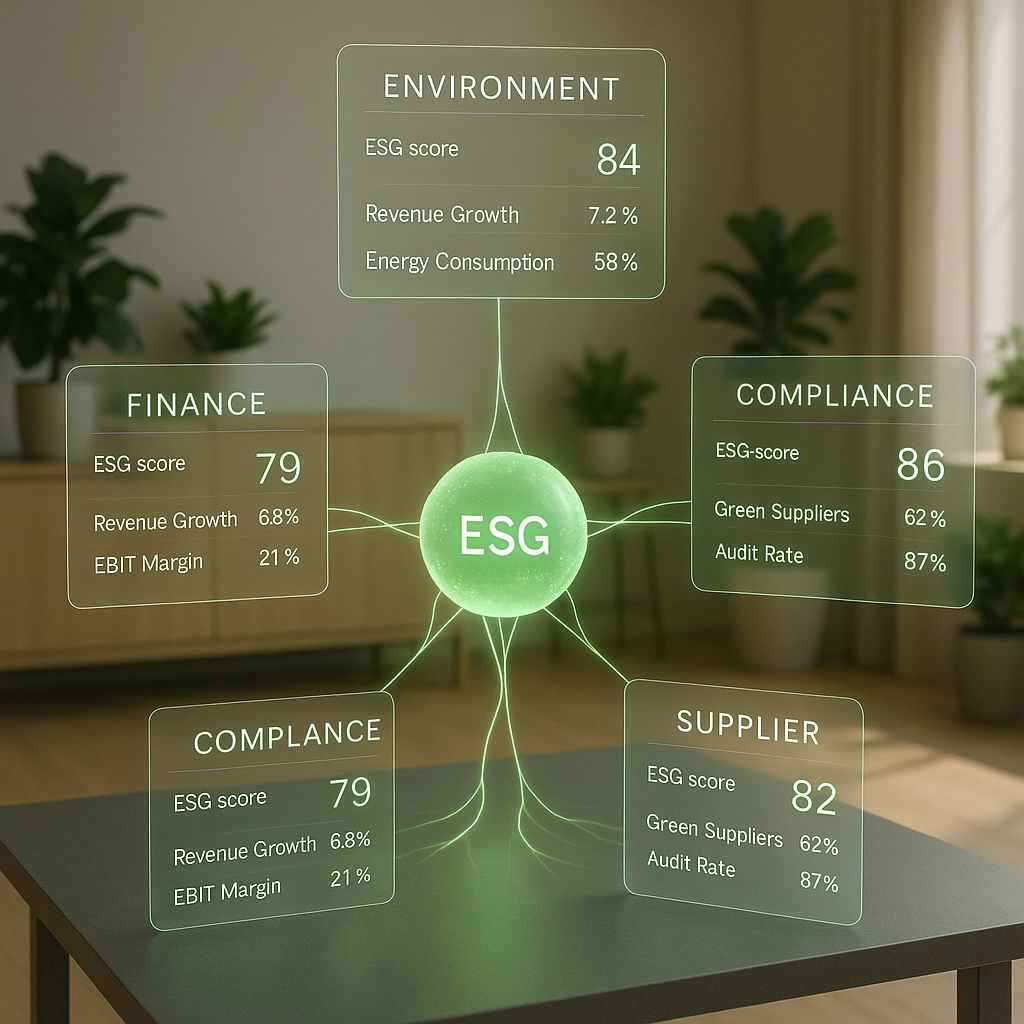Duty of vigilance: A recent international report warns of companies’ non-compliance, particularly in France

The World Benchmarking Alliancehas just published a report analyzing the practices of the 2,000 most important companies on the planet in terms of human rights due diligence. The “alarming” results show companies’ delay in this area, and French companies are far from being an exception to the rule.
The countdown has begun before the European duty of vigilance comes into force. Adopted last April and officially published a few days ago, the European Corporate Sustainability Due Diligence Directive (CSDDD) will gradually require large European companies or those operating in Europe to better respect human and environmental rights throughout their production chains.
Until then, the work of compliance promises to be enormous,as large companies are so far behind on their duty of vigilance.This international study thus reveals significant gaps between company practices and societal expectations in pursuit of a fairer and more inclusive economy.
Although some companies show that good performance is possible, the majority fail to meet fundamental expectations. The report highlights that 90% of the companies evaluated do not even meet half of these expectations. Moreover, only 4% of companies pay a living wage to their direct employees, and less than 1% set this goal for their supply chain.The report also highlights the lack of transparency in companies’ political engagement strategies, with only 11% of them having a public policy on this subject.
Companies based in countries with human rights regulations perform on average 60% better than those in countries without such regulations. Furthermore, those in high-impact sectors perform 80% better than other sectors.Yet even France, a pioneer in regulation, is not spared!
“As for the financial sector, it is particularly behind, as 90% of financial companies have not even begun to implement any human rights due diligence measures.”The report emphasizes the importance of a combination of regulatory frameworks, voluntary guidelines, and collective stakeholder efforts to improve human rights due diligence practices and reduce potential negative impacts on people.
It is to address these regulatory, economic, and reputational challenges thate-Attestationshas deployed an SRPM “Supplier Risk and Performance Management” platform, incorporating advanced modules for managing risks related to labor law and human and fundamental rights.
“It is urgent that the European Commission, the Council of the European Union, and the new European Parliament prioritize the development of essential guidelines to help companies fulfill their due diligence obligations,”analyzes Richard Gardiner (Head EU Public Policy – World Benchmarking Alliance) in the face of this global delay.A project that should keep European institutions and large companies busy for the next three years.
Learn more : Social Benchmark 2024 Insights ReportExecutive summary Source: World Benchmarking Alliance
These articles might interest you
-
 02 April 2025Understanding Scope 3 Assessment in the Value ChainSolutionsAnticipating Your Carbon Footprint by Assessing Suppliers and Identifying Scope 3 Maturity In a context where third-party environmental governance is becoming a major strategic issue, companies must now evaluate and manage the carbon impact of their entire value chain. Scope 3 assessment represents a considerable but essential challenge to ensure organizations’ operational resilience in the […]
02 April 2025Understanding Scope 3 Assessment in the Value ChainSolutionsAnticipating Your Carbon Footprint by Assessing Suppliers and Identifying Scope 3 Maturity In a context where third-party environmental governance is becoming a major strategic issue, companies must now evaluate and manage the carbon impact of their entire value chain. Scope 3 assessment represents a considerable but essential challenge to ensure organizations’ operational resilience in the […]Read more
-
 23 April 2025ESG Platforms: Centralized Data for Sustainable PerformanceSolutionsThe growing interest of investors and businesses in Environmental, Social, and Governance (ESG) criteria comes with significant challenges in assessing third-party partners. According to the DLA Piper report, ESG evaluation of external providers has become critical, particularly with the CS3D directive (Corporate Sustainability Due Diligence) coming into force on July 25, 2024. This directive requires […]
23 April 2025ESG Platforms: Centralized Data for Sustainable PerformanceSolutionsThe growing interest of investors and businesses in Environmental, Social, and Governance (ESG) criteria comes with significant challenges in assessing third-party partners. According to the DLA Piper report, ESG evaluation of external providers has become critical, particularly with the CS3D directive (Corporate Sustainability Due Diligence) coming into force on July 25, 2024. This directive requires […]Read more
-
 14 February 2025Supply Chain and Cyber Risks: How to Protect Your Supply Chain?SolutionsThe digital transformation of supply chains creates new opportunities but also exposes organizations to growing vulnerabilities. In 2025, third-party compliance assessment and management becomes a major strategic issue as 45% of global organizations will have suffered supply chain attacks, three times more than in 2021. Given this shift, third-party governance has become a top priority, especially in critical sectors such as […]
14 February 2025Supply Chain and Cyber Risks: How to Protect Your Supply Chain?SolutionsThe digital transformation of supply chains creates new opportunities but also exposes organizations to growing vulnerabilities. In 2025, third-party compliance assessment and management becomes a major strategic issue as 45% of global organizations will have suffered supply chain attacks, three times more than in 2021. Given this shift, third-party governance has become a top priority, especially in critical sectors such as […]Read more
-
 24 March 2025Pooled Due Diligence: A Strategic Lever for Third-Party Risk ManagementSolutionsIn an increasingly demanding economic environment, companies are turning to pooled due diligence processes to optimize third-party governance and strengthen their operational resilience. This collaborative approach involves sharing the efforts and resources related to third-party partner assessments, particularly critical suppliers. By centralizing these tasks, organizations—both within the same group and even among competitors—can increase efficiency […]
24 March 2025Pooled Due Diligence: A Strategic Lever for Third-Party Risk ManagementSolutionsIn an increasingly demanding economic environment, companies are turning to pooled due diligence processes to optimize third-party governance and strengthen their operational resilience. This collaborative approach involves sharing the efforts and resources related to third-party partner assessments, particularly critical suppliers. By centralizing these tasks, organizations—both within the same group and even among competitors—can increase efficiency […]Read more
